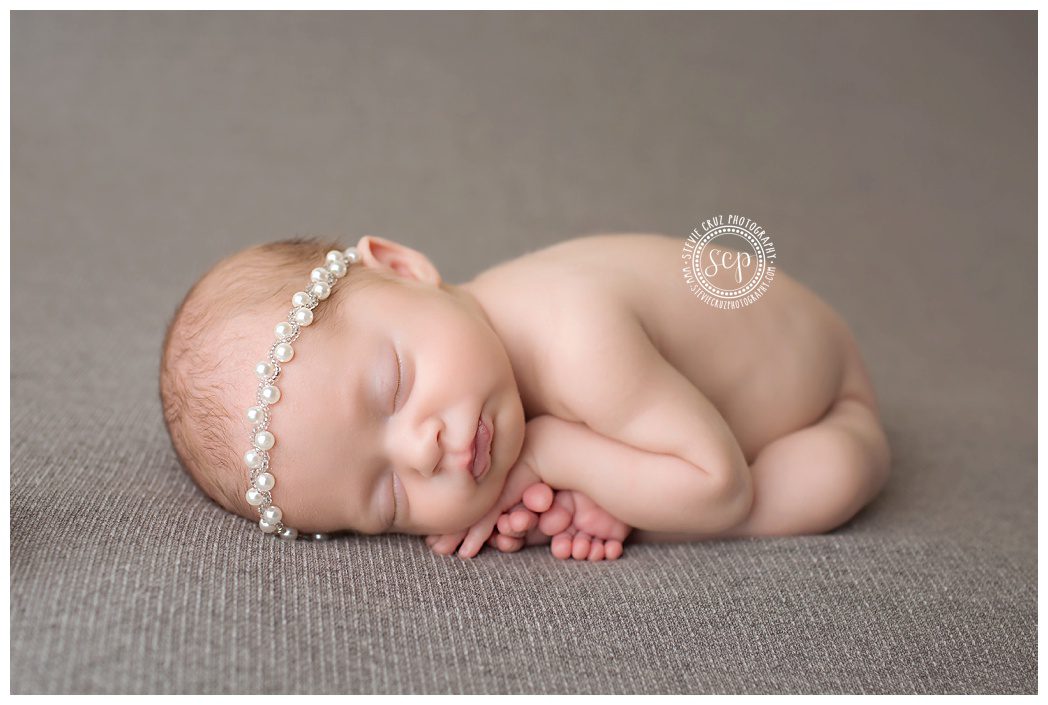

It’s a collection of flamenco numbers, a kaleidoscopic assortment you can enjoy however you want. There was no narrative intended in this project.
#Melody assistant triplets professional
Dave (aka David Sulzer) is a neuroscientist in his “day job”, but was a professional musician for years and has always been active in the music scene as a composer and performer. Thanks to him and these wonderful flamenco artists for a great collaboration!Ĭheck out the whole recording. There’s no “correct” order to the pieces, which are in a range of tempos and moods. With some albums, you want to make a narrative sequence. Musician/dancer Jose Moreno on palmas and cajon. He produced and plays some percussion on the piece. This has been an ongoing years-long development for Dave Soldier, me and Pedro Cortes, who grew up among generations of flamenco artists. Caló is the language of the Spanish Romani or gitano people. My audio recording of Dave Soldier‘s flamenco suite Caló for violin has been released. I’ve realized over the years how much I use those skills. But Rebecca Scott, who had been my ear training teacher in Pre-college the past few years, asked me to take the advanced college class for a year, which was required of conductors (I think she was hoping I’d become a TA). When I started college at Juilliard at 18, I passed out of ear training. I struggled and flailed at first but I was encouraged by teacher Sandra Schuler to persevere and after a couple months I got good at it. At 9 when I started at Juilliard, I was placed in level II of ear-training, skipping the first-year class. As Georg Friedrich Haas told me, just make sure a 6th-tone is a little smaller than a quarter-tone!Īs I mention in the video, I did ear training as a kid, starting at home but mostly at Juilliard Pre-college. But in many pieces, and especially in melodic or fast passages, the point is to have more ways of being expressive through a greater variety of intervals, not to play exactly a 6th-tone or whatever. The only times I wish I had perfect pitch are when there’s a very complex harmony or cluster and I wish I could identify individual notes immediately, instead of needing time or effort to figure it out.įor the most part, I think really precise intervals are important when 1) there’s a long sustained harmony or you’re using the overtone series, so the exact frequencies are really discernible, and 2) if the piece returns to the same pitches and intervals repeatedly so you need to be consistent. Relative pitch is most useful for a musician. He had invited me to give a presentation about my work with microtonality, but I had to fly to California that day, so I made this video the week before, on a rehearsal break.


On June 5th, Johnny Reinhard’s American Festival of Microtonal Music held a one-day Microtonal Violin Festival (part of his Microtonal University courses).


 0 kommentar(er)
0 kommentar(er)
